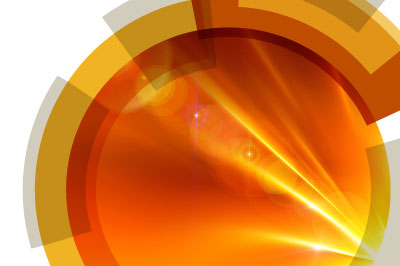Join us online in November 2020 for this virtual addition to our Faraday Discussion series.
Welcome
On behalf of the scientific committee, we extend a warm invitation to you to join us online in November 2020 to discuss the important issue of air quality in megacities.Faraday Discussions are unique international scientific conferences that focus on rapidly developing areas of chemistry and their interfaces with other scientific disciplines. Many Discussions have become landmarks in their field, and I hope you will join us at this Discussion to make your contribution to this famous series of meetings.
The meeting will be of interest to established scientists as well as post-graduate students and industrial researchers across a diverse range of disciplines, from atmospheric chemists and air quality scientists to meteorologists and atmospheric physicists.
We look forward to welcoming you and we very much hope you will join us.
Roy Harrison, University of Birmingham, UK
Chair, Air quality in megacities
Kebin He, Tsinghua University, China
Co-host, Air quality in megacities
Introduction
Air pollution is rarely out of the news nowadays. Very high levels of pollution have been observed in many cities across both developing economies of the world and developed world cities with varying degrees of regularity.Science, and chemistry in particular, has a major role to play both in understanding the causes of high air pollutant concentrations and also in informing the development of cost-effective mitigation strategies.
Predicting urban air quality demands detailed knowledge of both the physical properties (thermodynamics and dynamics) of the urban atmosphere and pollutants within it, and the chemical reactions of those pollutants which can transform one pollutant into another and which have a major impact on measured levels. It is also necessary to understand the relative contributions of local emissions and of pollutants transported into the city from more distant sources.
Format
Faraday Discussions remain amongst the only conferences to distribute the speakers’ research papers in advance, allowing the majority of each meeting to be devoted to discussion in which all delegates can participate. Following each meeting a written record of the discussion is published alongside the papers in the Faraday Discussions journal.Find out more about the Faraday Discussions in this video:
Themes
Chemistry plays a role both for the transported and the local emissions, and whereas for the primary (emitted) pollutants, concentrations are likely to be reduced proportionately with reductions in emissions, in the case of secondary pollutants formed within the atmosphere, the relationship between precursor emissions and reaction products is often strongly non-linear. This discussion aims to improve our understanding of the underlying processes responsible; an essential pre-requisite to developing the high quality numerical models of urban air pollutants which are required to develop and test mitigation strategies prior to implementation.The Faraday Discussion will be organised into the following themes:
Current status and trends in air quality in megacitiesLooking globally at the current status of urban air quality and examining critically for different pollutants, this session will examine whether the air quality is currently improving or deteriorating, with reasons for those changes being examined.
Physico-chemical processes in the urban atmosphere (neighbourhood scale)
Focusing on new knowledge of the chemical and physical evolution of pollutants on a range of scales from street to neighbourhood, this session will focus on this key scale for understanding the evolution and processing of pollutants from road traffic and from other low-level sources. The interaction of locally-emitted primary pollutants with the general urban background will be considered.
Physico-chemical processes in the urban atmosphere (city scale)
There are many processes which are significant on the scale of an entire urban area which, due to their timescale, do not proceed significantly on the neighbourhood scale, e.g. formation of nitrate aerosol and the oxidation of sulphur dioxide to sulphate. Both processes are substantially enhanced by multi-phase processes in which the presence of haze catalyses the chemical formation of further condensed phase material. The haze also inhibits mixing within the lower atmosphere, hence increasing concentrations. This session will also discuss the interaction of urban emissions with the regional background.
Effects, mitigation and policy
The ultimate value of scientific research in the urban atmosphere is to provide the knowledge necessary to develop high quality numerical models of urban atmospheric processes and from these to develop mitigation strategies. Knowledge of effects on human health are also critical in that they are an essential component of cost-benefit studies and identifying policy priorities.









